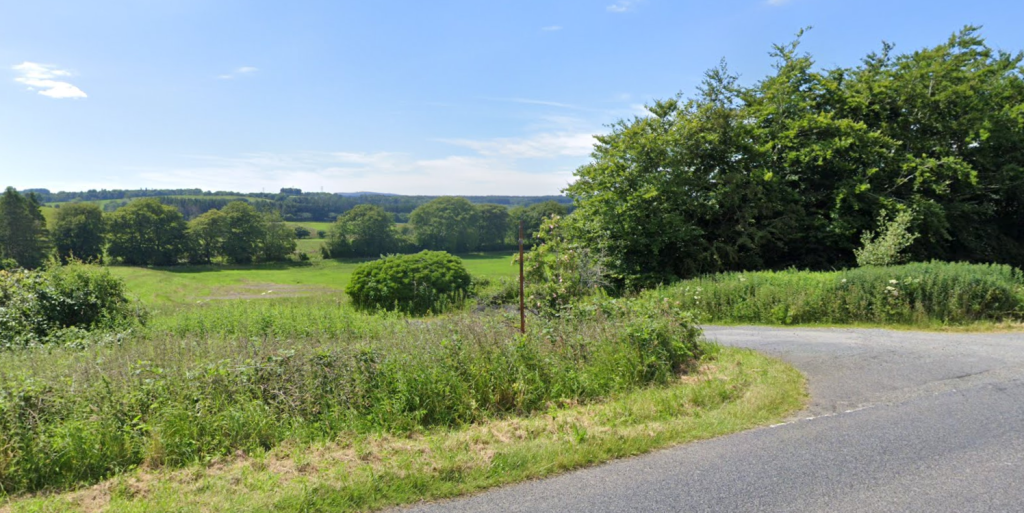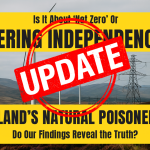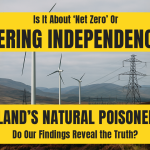In theory, democracy thrives when governments listen to the people. Politicians and policymakers frequently stress their commitment to public engagement, claiming that the voices of citizens are central to shaping national and local decisions. Across Scotland, Wales, and the wider UK, consultations, public inquiries, and participation processes are held up as proof that the public plays a key role in government policy.
But are these mechanisms truly effective? Or are they increasingly becoming box-ticking exercises, used more to justify decisions already made than to shape them?
The Promise of Participation
Governments in all three nations have frameworks that promise public involvement. The Scottish Government boasts a “world-leading approach to open government,” while the UK Government’s Cabinet Office promotes standards for effective public consultation. Wales, with its Well-being of Future Generations Act, is legally committed to considering the long-term impact of decisions on communities and future generations.
Governments now routinely use public consultations in planning, energy, health, environmental policy, and infrastructure investment. Citizens are invited to submit comments, attend hearings, respond to surveys, and participate in deliberative forums. On the surface, this seems like progress.
But as many campaigners, community councils, and individuals have discovered, the reality often fails to match the rhetoric.
Consultation or Performance?
There is growing concern that many public consultations are procedural rather than participatory. Government departments and public bodies frequently:
- Announce decisions prematurely, even while consultations are still open.
- Frame questions narrowly, limiting meaningful feedback.
- Ignore public objections, particularly where these clash with economic or political priorities.
- Publish reports summarising responses without clearly showing how those views influenced the outcome.
Take major infrastructure developments like wind farms, pylons, or highways. These projects often go ahead, despite strong local opposition. Consultation reports usually say concerns were “noted,” without showing any real influence. There is little transparency about how decisions were ultimately reached; and even less accountability when communities feel ignored.

In Scotland, for instance, ministers routinely approve applications under Sections 36 or 37 of the Electricity Act, despite overwhelming local objections. In Wales, large-scale infrastructure projects often proceed even after significant pushback during public engagement stages. Across the UK, the story is frequently the same: consultation without consequence.
The Legal and Democratic Disconnect
In some cases, the legal structure of consultation itself undermines the public’s influence. Governments are not legally obliged to follow the outcome of a consultation; only to show they conducted one in good faith. As long as officials can demonstrate that they “had regard” to the input received, they can still go ahead with unpopular decisions.
This creates a dangerous illusion of democracy. People are asked for their opinions, invest time and energy in voicing concerns, and then watch as the government proceeds in the opposite direction.
It’s little wonder that public trust in consultation processes is eroding.
A Deeper Problem: Policy-Based Evidence
In many cases, it appears that governments are seeking evidence to support predetermined policies, rather than shaping policy based on evidence or public will. This reversal of the logical process (sometimes called “policy-based evidence making”) is particularly noticeable in areas like energy, land use, and environmental regulation.
For example:
- When public health or ecological concerns are raised about peatland excavation or BESS (Battery Energy Storage Systems), they are often brushed aside in favour of strategic energy goals.
- Alternative proposals, such as community-led solutions or smaller-scale renewables, are rarely given serious weight.
- Data from private consultants is prioritised over grassroots evidence, even when local knowledge is more accurate or up to date.
This creates a deeply uneven playing field; one where corporate voices are amplified, and citizens are sidelined.
The Way Forward: Real Participation or Reform
To rebuild public trust, governments must move beyond performative consultation and commit to meaningful engagement. This means:
- Designing genuinely open consultations, with space for dissent and alternatives.
- Ensuring transparency about how public input influences decisions.
- Giving legal weight to consultation outcomes in major projects.
- Funding and supporting community participation, especially in rural and underrepresented areas.
In a time of climate crisis, economic transformation, and social change, the need for inclusive democracy is greater than ever. Public input shouldn’t be an afterthought; it should be the foundation.
Conclusion: A Democratic Choice
The question is not whether public views are being taken into account. The evidence suggests that, more often than not, they are not; at least not in any meaningful or consistent way.
The real question is whether our governments are willing to change that.
Are they prepared to treat public consultation as a genuine conversation, not a rubber stamp? Or will they continue to view democratic participation as a formality; one that’s easy to sidestep when it gets in the way?
For now, the answer remains uncertain. But for citizens, campaigners, and communities across Scotland, Wales, and the UK, the fight to be heard is far from over.






Comment
Consultations are but a box ticking exercise . Decisions are made despite the weight of public opinion . Democracy no longer exists.